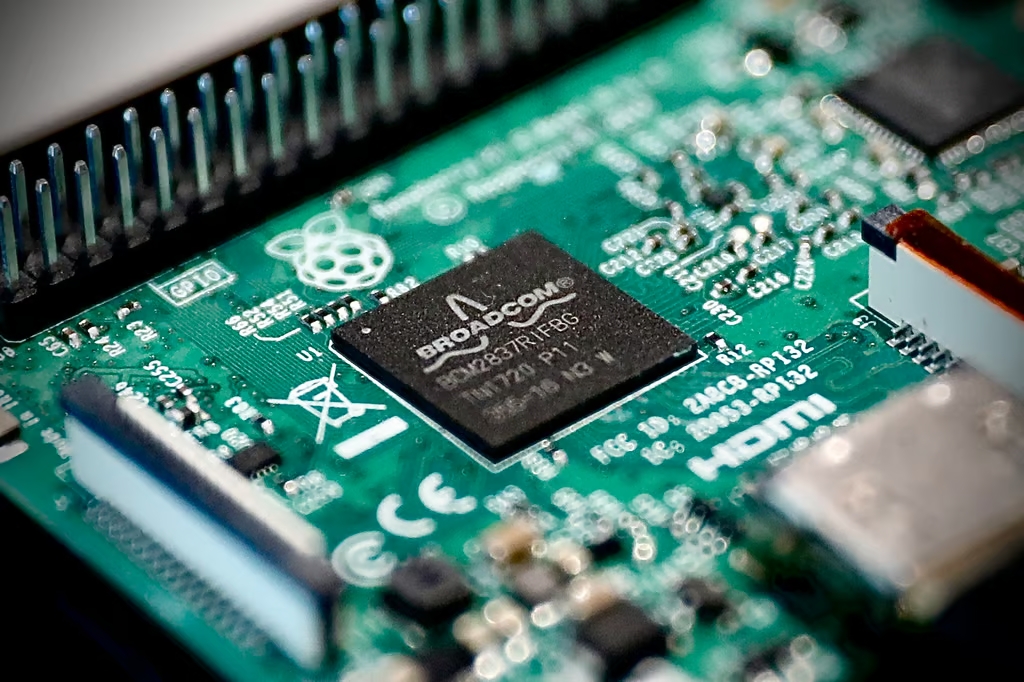
EU plans to ban companies from producing sensitive technologies in China
The EU has unveiled plans to ban European companies from creating crucial modern technologies such as supercomputers, artificial intelligence, and advanced microchips in countries such as China.
This was reported by Politico.
The European Economic Security Strategy, to be presented by European Commission President Ursula von der Leyen, will outline Brussels’ plans to regulate investment and trade rules for European companies in other countries in more detail.
EU leaders plan to discuss this document at the upcoming summit on June 29-30.
The document does not directly mention China – it refers to the risks of“excessive dependence on one country, in particular one with which there are differences in values, models, and interests,” but the context makes it clear that the safeguards are aimed primarily at China.
The draft document, which is available to the publication, states that the EU should prevent foreign investment in “the most advanced technologies that could improve the military and intelligence capabilities of actors that could use these capabilities to threaten international peace and security” and guarantee the security of particularly sensitive information.
The EU proposes to strengthen control in three areas: which third-country companies buy strategically important enterprises and infrastructure facilities in the EU; where European companies sell goods such as weapons or spyware; and where European companies invest.
Export control is now the responsibility of national governments. For example, earlier this year, under pressure from the United States, the Netherlands did not allow the sale of equipment for the production of advanced chips to China.
In the new strategy, Brussels wants to create new mechanisms to ensure that European companies do not move production in strategically important industries to risky countries and do not include autocratic states in their supply chains. In particular, we are talking about the production of quantum computers, artificial intelligence, and semiconductors.

